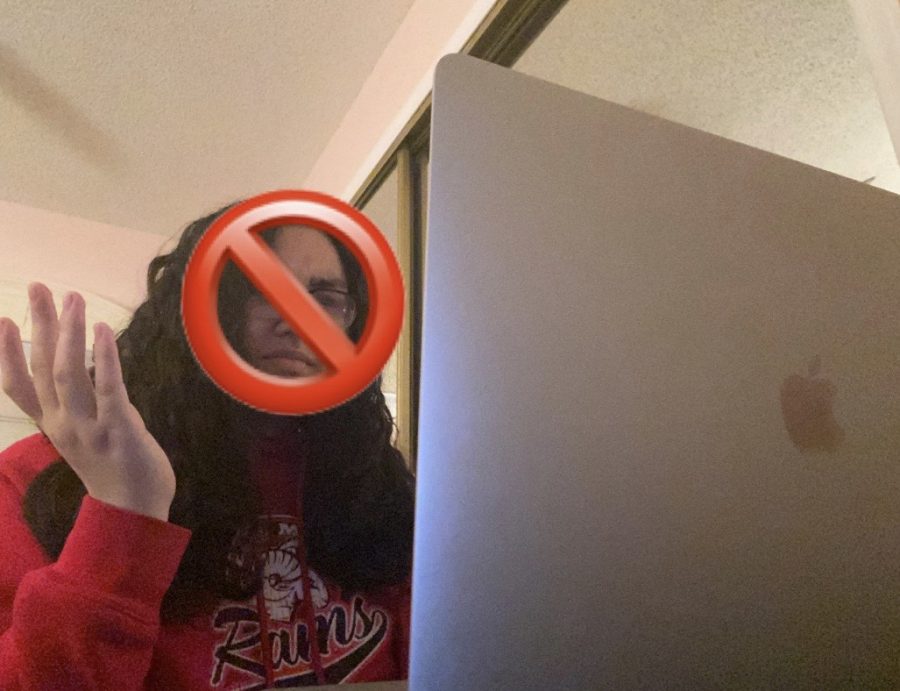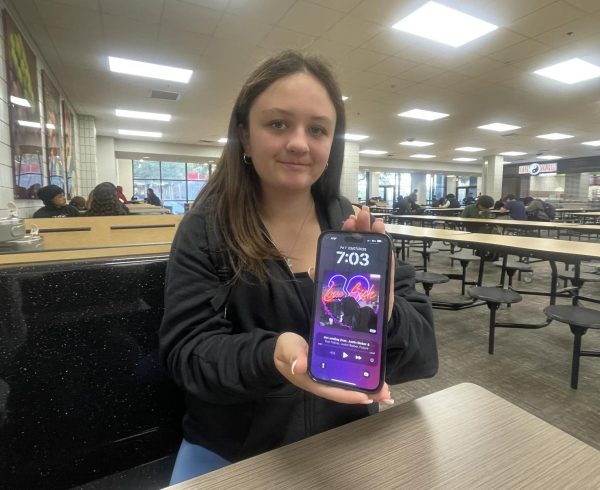Is Cancel Culture Toxic??
Cancel culture – the popular practice of withdrawing support for public figures and companies after they have done or said something considered objectionable or offensive.
Cancel culture is something that has become very popular this year, recently having been used against many influencers like Bryce Hall and Blake Gray. During a global pandemic, Hall & Gray decided it’d be a good idea to throw a huge party. This made many people angry as they weren’t social distancing causing many to “unstan”/stop supporting them. Many people agreed on these two influencers getting canceled, but there are some situations where the internet can’t decide whether a situation is worth canceling a person, brand, etc.
A month ago, dancer Maddie Ziegler had to post a public apology addressing a video that had resurfaced of her mocking accents when she was just nine years old. There were mixed reactions to this, the people trying to cancel her, and the people who didn’t understand why she was getting canceled over something that happened when she was so young. Tiktok star BabyAriel was also close to being canceled for just tweeting “Wakanda forever” in response to the passing of Chadwick Boseman. Similar to the Maddie Ziegler situation, there was a debate about if she deserved to fully be canceled. The constant confusion about cancel culture tends to lead to constant arguing online.
In a free society, people should be able to express themselves without fear of public mob censorship. If you don’t like what is said, then either counter it or move on. Just because it hurts your sensibilities, doesn’t mean that the other person doesn’t have the same right to freedom of expression as you.
When two sophomores from Seminole High School were asked about their opinions on cancel culture, they agreed that cancel culture isn’t a great system. Tara Calambakkam says, “I feel like cancel culture is very toxic. I feel this way because it doesn’t help a person grow from their mistakes, however, there are some situations in which cancel culture makes sense.” Amaia Saysavanh says, “I think cancel culture should be changed to a much nicer version, rather than people sending hate comments telling them horrible things people could possibly say that it was wrong what they did and that you should apologize but until then I will not follow you.”
There seems to be a good amount of the internet that thinks cancel culture is somewhat toxic. Mainly two opinions are used regarding cancel culture, it is toxic and doesn’t allow for personal growth, and that cancel culture is needed as a consequence for certain behaviors. There can be some problems though when using it as a consequence since not all actions deserve the same consequences. Would it be fair to give someone who is constantly racist the same consequence as someone who recently got called out for bullying a kid when they were a kid? No. Canceling everyone for every little thing will not encourage growth, but it will encourage pressure to constantly watch your back.
While cancel culture can make those who promote it feel morally superior in the moment, you also never really know if you will be on the receiving end of it in future.








